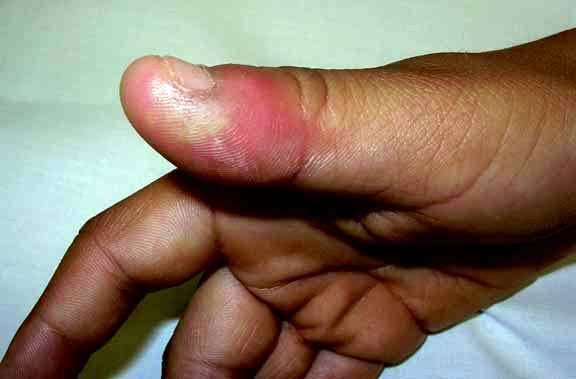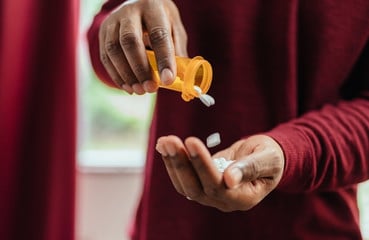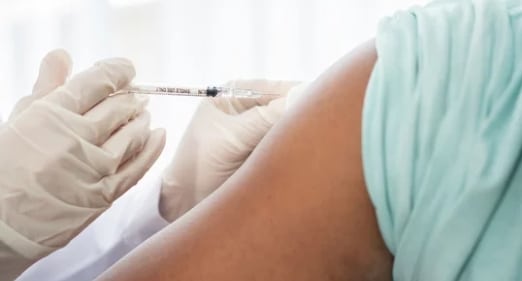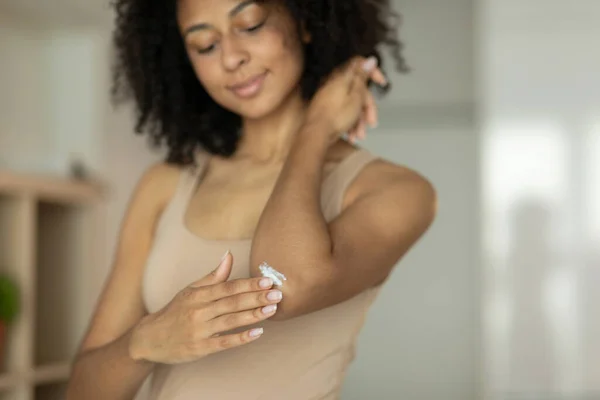Whitlow or herpetic whitlow is a condition that affects the fingers, often resulting in sores and swelling Whitlow can be very painful and discomforting. It is caused by the Herpes Simplex Virus (HSV) type 1 and 2. Whitlow occurs when a broken skin on your finger or a handing nail, comes in contact with the bodily fluids of someone with HSV, including you. This results in an infection on the finger.
Causes
As we noted above, it is caused by the Herpes Simplex Virus. There are two types of HSV. Type 1 often causes cold sores around the body. Type 2 causes genital herpes, which is a kind of sexually transmitted infection (STI) that affects both men and women. Whitlow occurs when an exposed part of your finger, especially the flesh around the nail, comes in contact with fluid from someone with herpes. It could be their saliva or from touching the sores caused by HSV in you or somebody else. So, you could end up infecting yourself with whitlow if you have HSV type 1 or 2.
Most people, especially young children, have cuts on the sides of their fingernails. These cuts can be deep at times and might expose your inner flesh, which is how the HSV gains access to your body, resulting in an infection.
Symptoms
The common symptoms of whitlow include sores or blisters on your finger, intense pain, swelling, and the finger may turn red. Some other symptoms, although not very common, include fever, red streaks on the arm also known as lymphangitis, and swollen nodes in the armpit area.
These symptoms may last between 2 – 20 days and often go on their own. Although you may need to get medications to cope with the pain or if you want the symptoms to disappear faster with antiviral medications. However, it is not uncommon for the infection to reoccur and the symptoms to appear after some time, with the same pattern of the first occurrence, though the pain may be less.
Anyone who has ever experienced whitlow knows just how painful and discomforting it can get. The fact that it disappears without treatment does little to make up for the pain that one would pass through during the time they have the infection.
How to Prevent Whitlow
Preventing whitlow is important if you never hope to experience the pain or discomfort that comes with the infection and we have outlined some steps below for you to follow.
1. Avoid Biting The Flesh Around Your Nails
There are people with the habit of biting the flesh around their nails as it is often very soft. But this usually results in problems, some more serious than whitlow, as it leaves your inner flesh exposed to a range of viruses.
2. Cover Any Injuries Around Your Nails
If you have an injury around your nail, do well to treat it by disinfecting it and covering it with a bandage. That way, you prevent it from being exposed to possible infections.
3. Avoid Touching Sores On People’s Bodies
Another thing to do to prevent whitlow is to avoid touching cores on people’s bodies or even your own, as you cannot tell which sores are caused by HSV. More so because it is a dirty habit.
4. Wash Your Hands With Soap And Water Regularly
Frequent washing of hands will help you prevent getting whitlow.
Whitlow Treatments in Nigeria
Some common ways to treat whitlow in Nigeria home include:
- Taking antiviral drugs for whitlow — Acyclovir pills, valacyclovir pills, famciclovir pills, and topical acyclovir ointment.
- Taking a pain reliever such as ibuprofen to help reduce pain and fever
- Applying a cold compress may help in reducing swelling.
ALSO READ:
- How to Prevent Recurrent Malaria
- Causes of Food Poisoning in Nigeria and How to Avoid Them
- Depression in Nigeria: Causes, Symptoms and Treatments
- Filariasis in Nigeria: Symptoms, Causes and Treatments
Collins Nwokolo is a human physiologist, writer and health enthusiast. He loves writing helpful articles on health and fitness, which he enjoys sharing with everyone.










